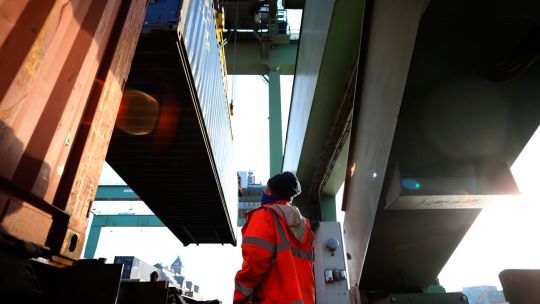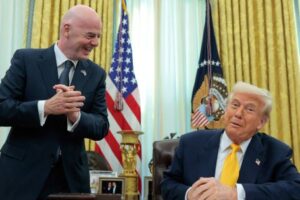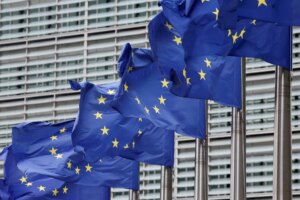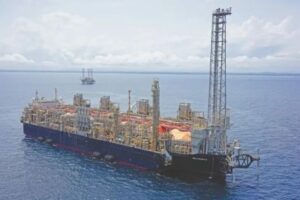
The European Union is advancing its efforts to ratify a proposed trade deal with Mercosur countries by the end of the year after proposing safeguard measures to get France and other sceptical countries on board.
The European Commission published the final text of its free-trade agreement with the South American economies of the Mercosur bloc on Wednesday, which includes a mechanism to protect European agricultural producers.
Under the proposal, an investigation will be launched if the volume of imports from Mercosur countries increases by 10 percent or the prices of agricultural commodities fall by 10 percent.
“We had very, very intense exchanges with representatives from the farmers’ community,” EU Trade Commissioner Maros Sefcovic said at a press conference in Brussels. “We wanted to make sure that we put in place all the precautions, all the safeguards that would make every single member state and agriculture community be at ease that this deal is good for everyone, that it will open opportunities for everyone.”
The agreement needs approval by the European Parliament and a qualified majority of its 27 member states.
French government spokesperson Sophie Primas told reporters that officials in Paris need to analyse the commission’s proposal, but she welcomed the safeguard measures and noted that France’s efforts had “enabled a number of European countries to rally behind the serious reservations we had.”
Polish Prime Minister Donald Tusk said Wednesday that his country will oppose the deal but added that “there are no partners to block it at the moment.” He added that while Mercosur will probably be adopted by a majority vote, “we will not rest until these protection mechanisms come into force.”
Tusk is due to discuss the issue with Macron at a meeting of defence allies in Paris Thursday.
The EU and the Mercosur nations (Argentina, Brasil, Uruguay and Paraguay) completed talks on a preliminary agreement in December after more than two decades of negotiations. Ratification of the agreement would create an integrated market of 780 million consumers, providing a boost to the EU’s embattled manufacturing sector and Mercosur’s vast agricultural industry. But countries including France fear the deal’s impact on the European agricultural sector.
France has argued that it would expose European farmers to unfair competition from South American peers that face less strict regulations. Ireland has also expressed criticism and Italy had said it wouldn’t support the deal without more guarantees for its agricultural sector.
Cars and beef
European car exporters will also benefit from the gradual removal of the current 35 percent tariffs. In addition, Mercosur duties on industrial products like car parts, machinery, chemicals, clothing and textiles would also be eliminated for EU exporters. In total, EU exporters will save over four billion euros (US$4.7 billion) in duties per year, according to commission estimates.
In return, the EU will grant limited access to the agricultural products of that region, including some sensitive agri-food products such as beef, poultry and sugar.
The EU has signalled a renewed interest in signing new trade deals with nations like India, Indonesia and Thailand to diversify away from the US, which has hit the EU with trade tariffs. It also announced details of a trade deal with Mexico Wednesday. The Mercosur deal would strengthen the EU’s footprint in a region where China has emerged as a major industrial supplier and the main commodities purchaser.
The deal will also benefit Brazil, the Mercosur bloc’s largest economy. President Luiz Inácio Lula da Silva was one of the agreement’s most vocal proponents since taking office in 2023. Agriculture-related exports to the EU could grow by US$7.1 billion between 2024 and 2040, according to the country’s Institute of Applied Economic Research.
related news
by Jorge Valero & Ewa Krukowska, Bloomberg





